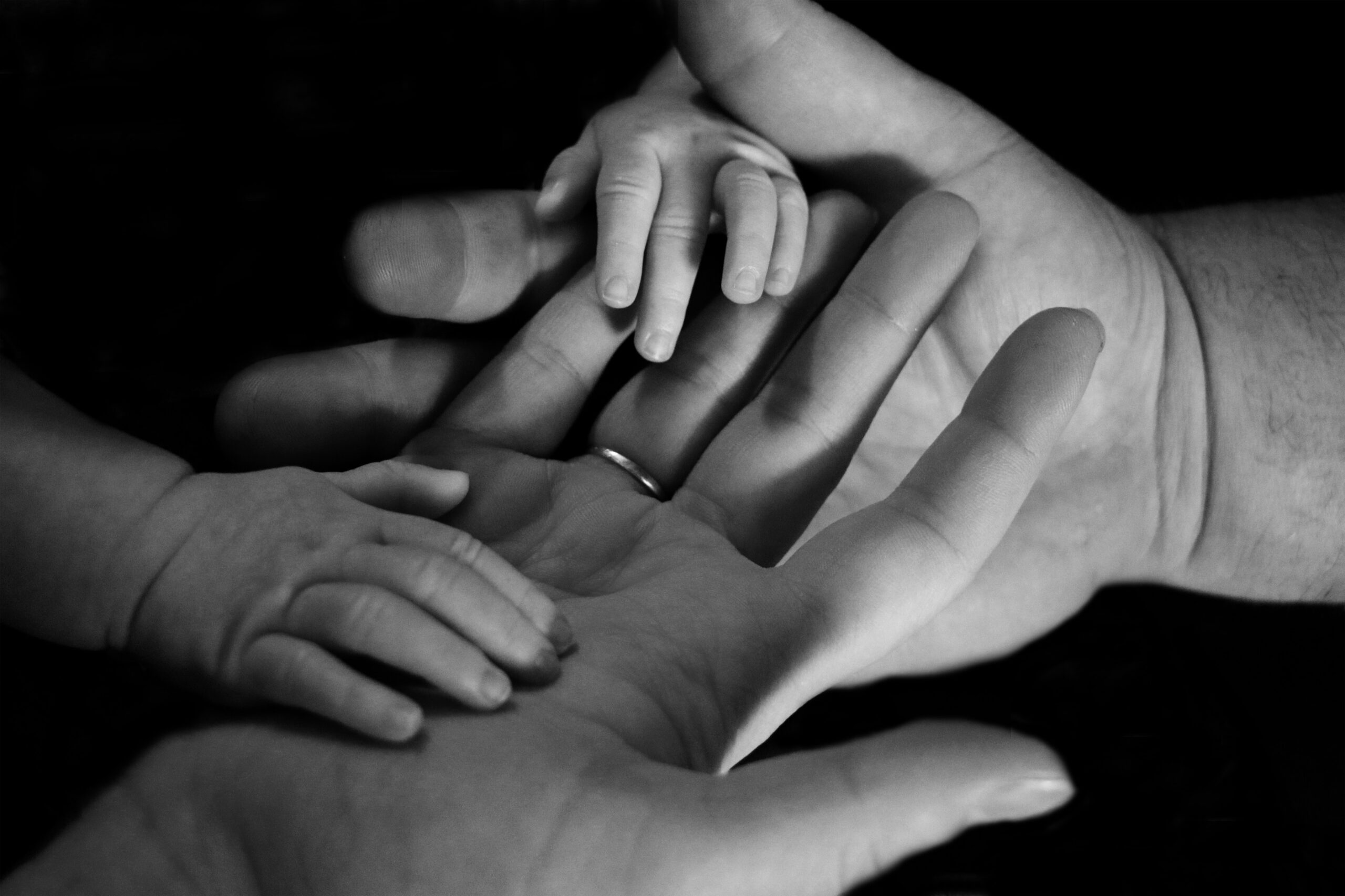Partner Michael Gregory analyses developments in cross-border surrogacy and examines the need to assess domestic surrogacy laws to provide families with greater protection.
Michael’s article was published in WealthBriefing, 1 November 2022, and can be read here.
Having acted for many HNW families over the years, consideration of overseas countries to address a personal need when the same is not readily available here in the UK, has always been high on their priority lists. The same can also be said for couples looking to start a family.
Now foreign travel has opened up after the pandemic, I am once again seeing more couples that are choosing to embark on their pathway to parenthood abroad. The legal restrictions here within the UK which make commercial surrogacy illegal, coupled with the ‘small pool’ of surrogates available to carry any child to be born gestationally through a surrogacy arrangement, continues to compound those decisions for couples to look abroad.
For many couples, they embark on their parentage pathways to the US. This is due to the well-known ‘pre-birth’ orders that are readily available there in a number of states, which ensure that the new commissioning parents are recognised as the legal parents immediately upon the birth of any child born through a surrogacy arrangement. There is also the certainty of being able to enforce any surrogacy agreement that is entered into, since these are considered legally binding and afford the intended parents and surrogates alike with the appropriate legal protection they need. Surrogacy agreements in the US, after all, can cost on average anything between £140,000 to £250,000.
From a financial perspective, due to the high level of costs associated with a US based surrogate arrangement and to also avoid the lengthy travelling times, many couples venture to other parts of Europe nearer to home where surrogacy laws are far less stringent than here in the UK, and where those countries permit surrogacy for foreign intended parents.
Ukraine, for example, was one of the largest suppliers of surrogates and a destination for many couples prior to the war who wanted to commence a pathway to becoming parents. The average cost of surrogacy in Ukraine was approximately £30,000 to £70,000 (significantly less than the US) but provided a legal framework similar to a US surrogacy arrangement, whereby the intended parents are considered the legal parents from birth. However, the intended parents must show a medical need for surrogacy and be there for the birth itself. The intended parents also have to be there for a period of time after the birth whilst immigration issues are resolved in order to bring any child back to the UK.
The impact that the onset of the war in the country has had on surrogates and intended parents alike has been immense, with many surrogates relocating and/or fleeing to other countries where surrogacy agreements do not have the same legal protection as in Ukraine or indeed be recognised or even be legal. Intended parents too are being faced with being unable to even access the country and be with their surrogate at the time of the birth or be able to spend sufficient time in such a war-torn environment to be able to deal with, or address, all the official documentation needed to be able to bring any child back to the UK.
Other European countries such as Georgia for example, despite having relatively modern views on surrogacy, only recognise those with opposite sex intended parents and not those that are within a same sex relationship. Therefore, a surrogate relocating/fleeing one country to another to escape a war as seen in Ukraine, could be faced with a situation where their commissioning parents’ legal status is not recognised and the surrogate and intended parents are both stranded within a country with a child or children that they are unable to bring back to the UK due to the lack of formal documentation and/or legal parentage.
Whichever the country an intended parent decides to engage a surrogate to start a family, what many couples are unfortunately still failing to do is obtain the specialist legal advice that is so needed both here in the UK and in those foreign countries where the intended parents are recognised at birth. Many intended parents are travelling back to the UK not knowing they still have to apply for a Parental Order (the court order that extinguishes the legal parentage of the surrogate) should they want to reside here and ensure that their parentage of any child born through surrogacy abroad is recognised here in England.
Immigration advice too is also not being obtained at all in some cases in advance of a child being born through surrogacy. Even in those countries where intended parents are being recognised as the legal parents from day one, it is essential that immigration documentation is in order, since the new parents will be travelling on different passports to the child or children and this could result in UK border control refusing entry to them and their new family. The need for temporary clearance to have been granted by the Home Office so that the intended parents can then have time to apply for the Parental Order here in the UK and thereafter British Citizenship for the child, is essential.
As more and more people embark once again on foreign travel, with many utilising this to consider starting their families through surrogacy, surely we need to be looking closer to home at reforming our own laws on surrogacy to avoid the major concerns and pitfalls that can come with an overseas surrogacy arrangement, and in doing so providing the protection that the modern family in 2022 so desperately needs. The Law Commission in 2019 provided a report and consultation paper on the reform of English surrogacy law, which called for greater protection and transparency for both intended parents and surrogates here in England. Unfortunately, those calls for reform remain at large, unchanged.
Request a Callback
Leave a few details below and one of our team will be in touch to discuss how we can support you with your legal needs. Please note that we cannot offer Legal aid.












